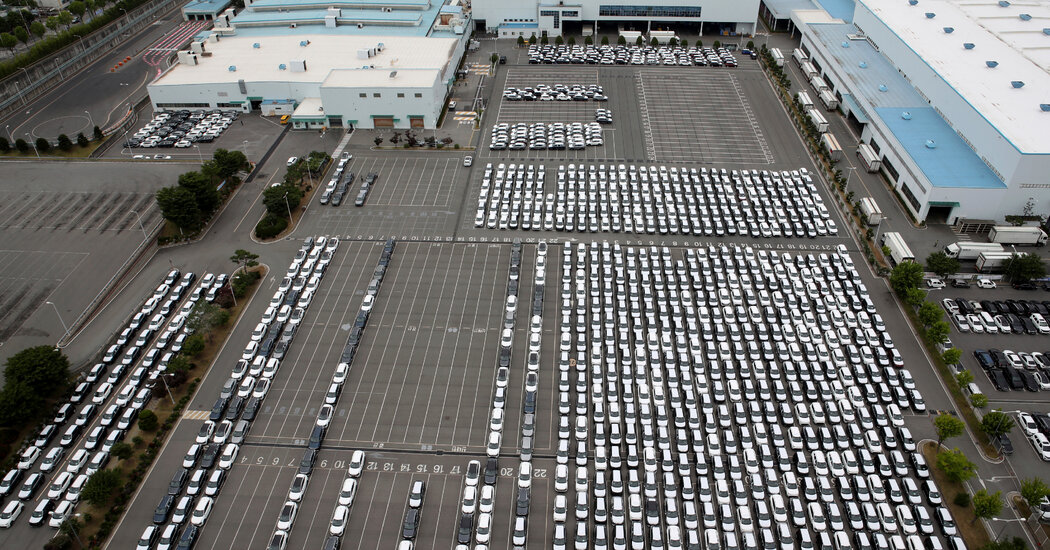Global Reactions to U.S. Automotive Tariffs
In a bold move, Mexico has deployed thousands of National Guard soldiers along its border in an effort to deter migrants from reaching the United States. Simultaneously, South Korea announced plans to invest a staggering $21 billion to expand its manufacturing operations within the U.S. Furthermore, Japanese officials made a trip to Washington, pledging an impressive $1 trillion investment in the United States and committing to purchase more American natural gas. Despite these significant efforts, these countries were unable to prevent a major trade concern from materializing on Wednesday. President Donald Trump declared that imported automobiles and automotive parts would be subject to a hefty 25 percent tariff starting April 3.
Mexico, Japan, and South Korea, along with Canada, collectively account for about 75 percent of all vehicle imports to the United States. Beyond direct exports, many Japanese and South Korean automakers also manufacture vehicles in Mexico and Canada, making them particularly vulnerable to these new tariffs. This vulnerability is compounded by the interconnected nature of the automotive supply chain across North America.
Moreover, these tariffs are expected to have a significant impact on Europe, particularly targeting Germany. The three largest German automakers alone represent nearly three-quarters of the European Union’s automotive exports to the U.S., indicating that the ramifications of these tariffs will reverberate across the Atlantic.
In the short term, these new tariffs imposed by Trump are anticipated to disrupt the production operations of foreign automakers, potentially leading to reduced profits and altering market dynamics in the competitive automotive landscape.




